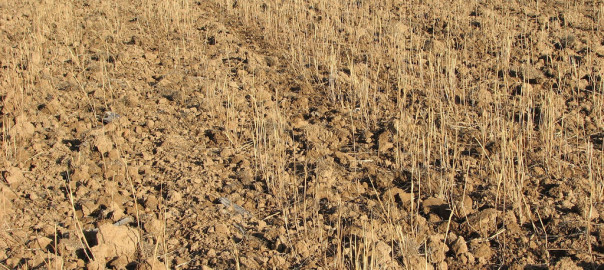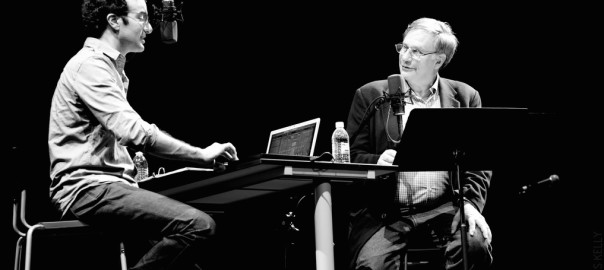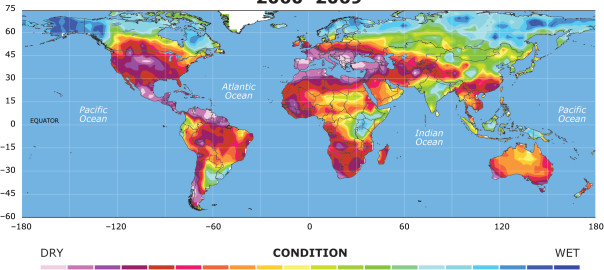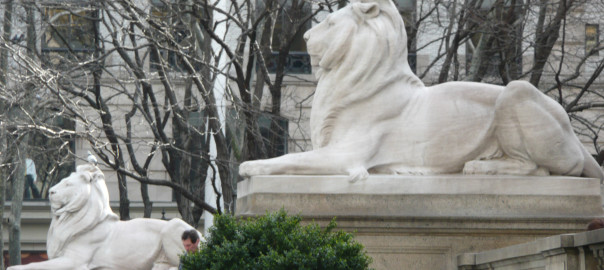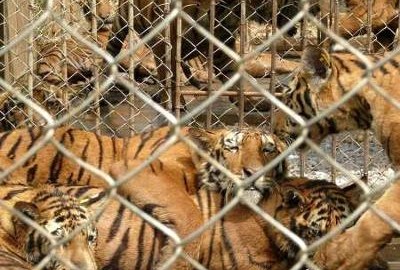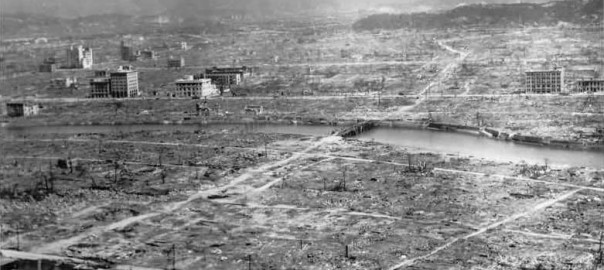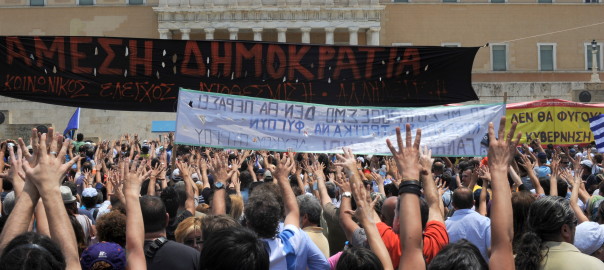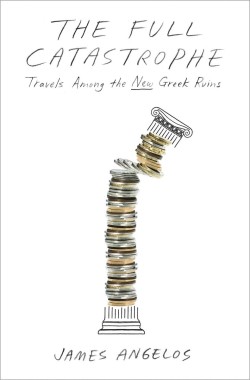Podcast: Play in new window | Download
Subscribe: Apple Podcasts | RSS
We talk with Joyce Carol Oates about her wonderful new memoir, The Lost Landscape: A Writer’s Coming of Age (Harper Collins). It tells the story of her coming of age as a writer, from her childhood in rural western New York state until her launching as a celebrated novelist.
Then we re-play an edited version of our 2014 interview with novelist Ann Patchett about her book of essays, This Is The Story of a Happy Marriage. Continue reading


